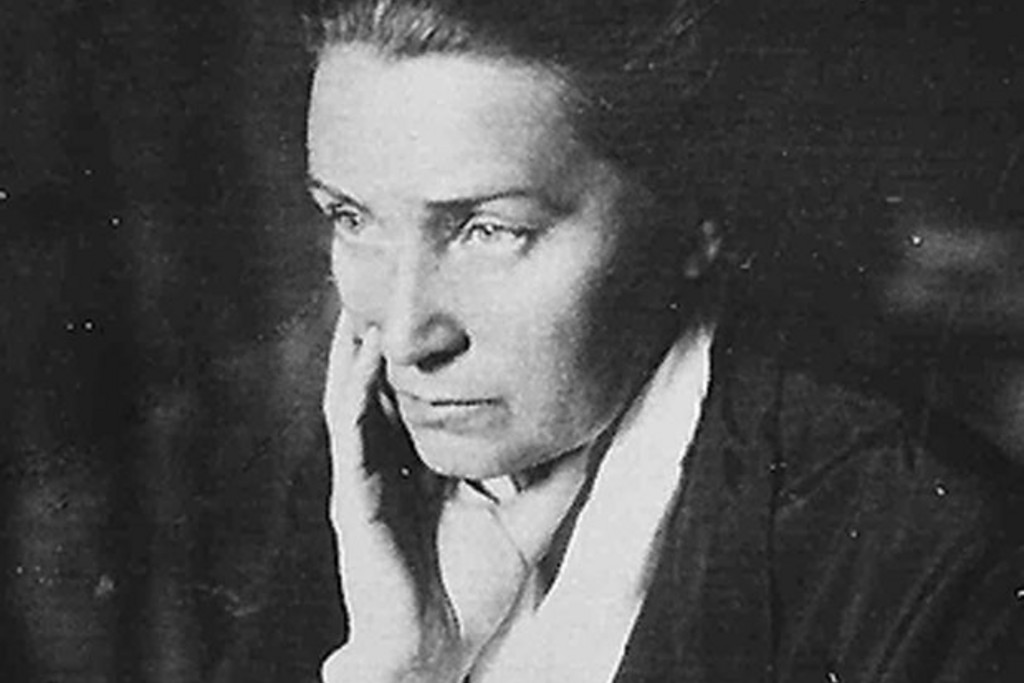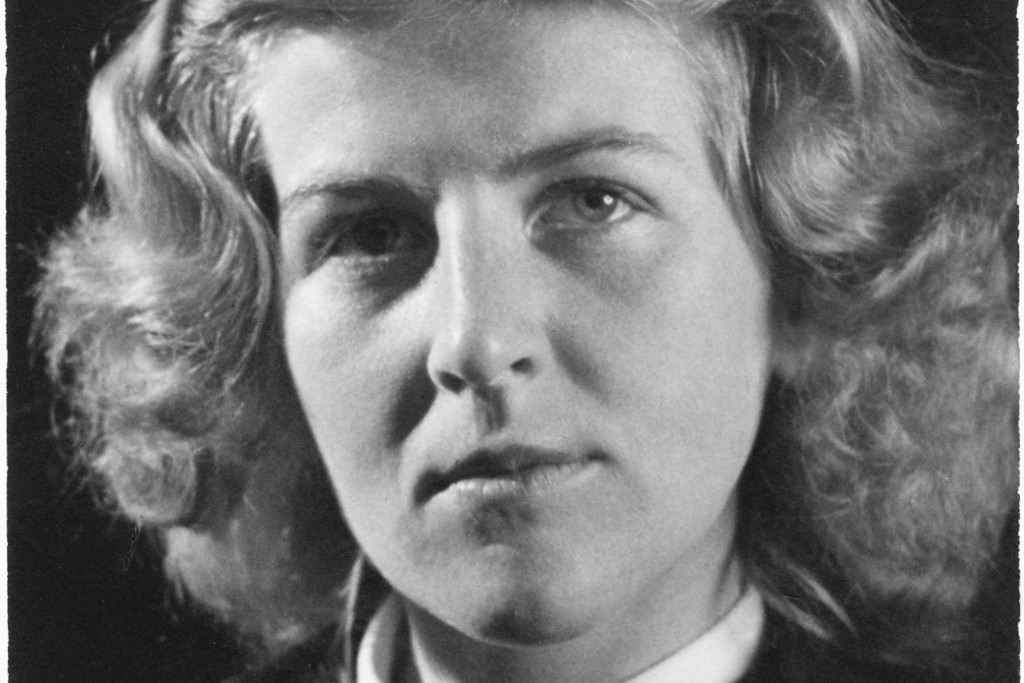Between 1874 and 1888 in Germany he became someone who would remain in the memory of future generations. Karl Stauffer-Bern was born on 2 September 1857 in Trubschachen. He lived in Munich until 1879 where he succeeded in taking the step from surface painting to the academy of arts; and from 1880 in Berlin, where he won the academic exhibition’s gold medal in 1881 with a portrait of the sculptor Max Klein, paving the way for a glittering career as a portrait artist. Firstly as an illustrator and painter and later as an etcher, he produced portraits of the poets Gustav Freytag, Conrad Ferdinand Meyer and Gottfried Keller and of the artists Adolf Menzel and Peter Halm. However, in summer he swapped his studio in Berlin’s Tiergarten district for the conservatory of Villa Belvoir in Zurich, made available to him by his Bernese school friend Friedrich Emil Welti, the son of Federal Councillor Emil Welti and husband of Alfred Escher’s daughter, Lydia.
From Germany to Italy
Stauffer’s second adopted home was Italy where he was only afforded a brief stay marked by terrible tragedy between spring 1888, when he opened a sculptor’s studio in Rome, and 24 January 1891, when he took his own life in Florence with an overdose of chloral hydrate. His relationship with Lydia Welti-Escher, whose portrait he had painted at Belvoir, turned into a love affair which saw the lovers flee to Rome after his joint trip to Florence with the Weltis in 1889. Here Stauffer drew up hybrid plans for a classical temple city which was to be built with Lydia’s huge inheritance. Before this materialised, Welti succeeded in persuading his father, Federal Councillor Welti, to intervene, which led to Lydia being interned on mental health grounds by the Italian authorities. Stauffer was accused of the rape of a mentally ill person and transported to Florence as a prisoner. There, in the prison on the Arno, he began to write poetry in great despair and conveyed his love and the injustice he had suffered in harrowing verse which bore testament to his turmoil but also his talent: “I know the LORD has borne down heavily upon me in recent weeks and I have become a poet with my heart and soul.”
In a state of turmoil, the prisoner evoked Belvoir Park and the blossoming love which had been his undoing: “There where you tolerated my words / And gave me love and grace / And captivated me with glances / There where the lake smiles at its shore.” Stauffer was acquitted but was a broken man and suffered terribly because of Lydia’s betrayal. He was unaware that she, having been put into a psychiatric hospital in Königsfelden by her husband, told her doctor in February 1890 that she could have imagined the relationship continuing: “I only wish our relationship could continue to achieve something of beauty and significance and to produce important work together but I don’t want to be with him permanently.”
When she heard of his death, she sent a wreath with the inscription “For the Manes of my unforgettable friend”. She only outwardly acquiesced to the conditions under which she could leave the mental hospital. She gave Welti 1.2 million Swiss francs of her fortune, but with the rest set up – clearly in memory of Karl Stauffer – the “Gottfried Keller Foundation” for the promotion of the arts and entrusted the Swiss confederation with its management. Then, on 12 December 1891, she followed Stauffer to her death by opening the gas tap at her villa in Champel near Geneva.
Charles Linsmayer is a literary scholar and journalist in Zurich.
“I have subdued my imagination for 32 years and talked to conceal my thoughts. God wanted to make a builder of me. Oh magnificent architecture, what rags the Barbarians drape on your classical limbs! You are my love, and I will fight for you on foot and on horseback with a lance and a sword until they kill me. They have captured all the Goddesses and turned you into a whore, but your youth remains eternal.”
From Stauffer-Bern’s Florentine diary











Comments